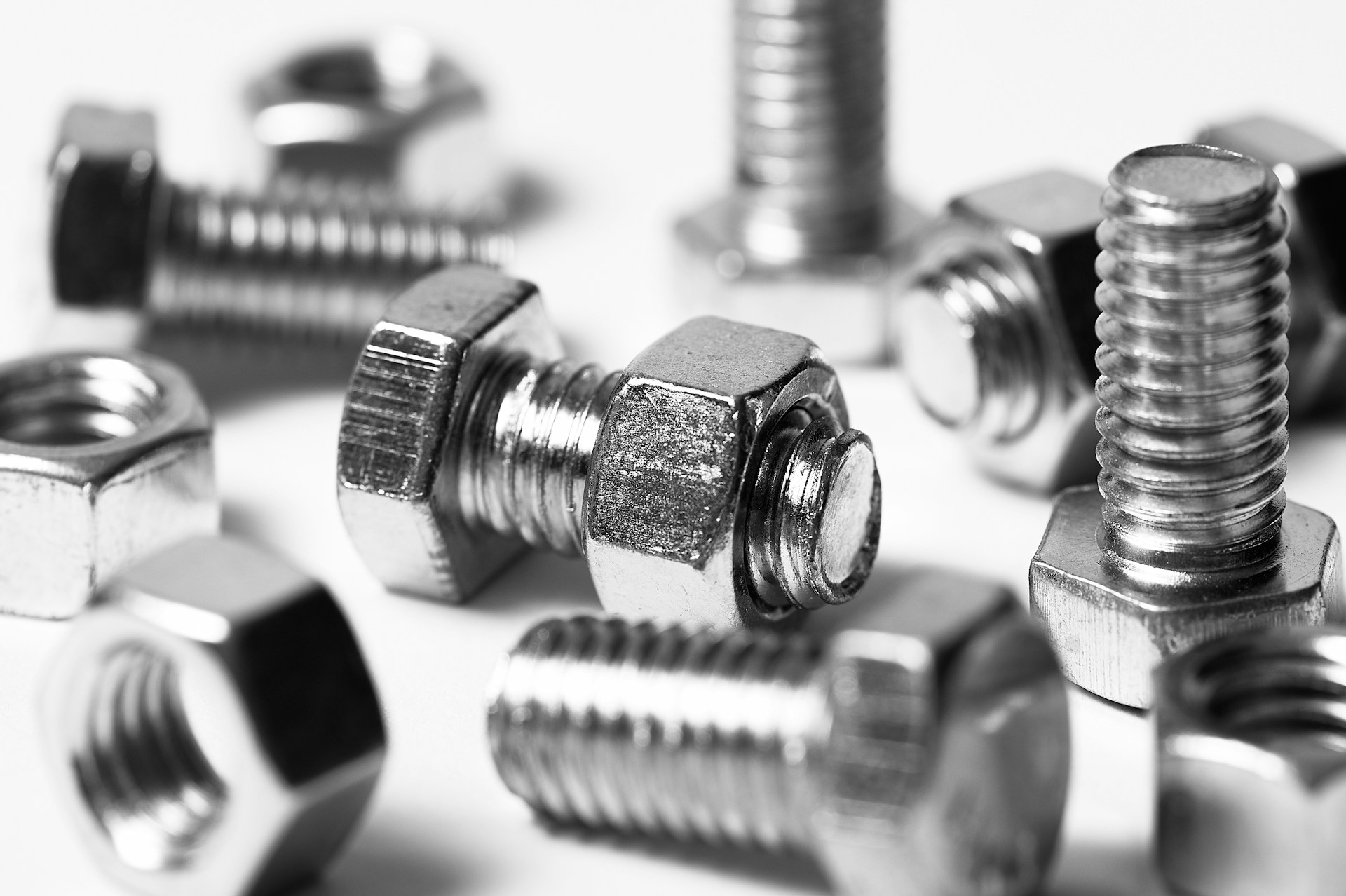When someone says a machine is “tough,” they’re usually talking about how it handles heavy jobs—digging, lifting, smashing, or grinding. But the real strength of industrial equipment doesn’t just come from its size or power. It comes from how well all the parts are connected.
Think about a big bulldozer or a mining truck. These machines take a pounding every single day. They’re built with thick steel and powerful engines, but none of that matters if the parts holding everything together aren’t just as strong. That’s where fasteners come in—bolts, nuts, screws, washers—all the stuff that connects the frame, supports the moving parts, and keeps everything tight, even when it’s shaking or under pressure.
These fasteners might not look like a big deal, but without them, machines would fall apart fast. Literally.
Why Sourcing Fasteners Is a Bigger Deal Than You Think
Here’s the thing about fasteners: not all of them are the same. You can’t just grab a bolt from the nearest hardware store and expect it to handle the weight and stress of a construction crane. Industrial equipment needs industrial-strength fasteners—built to handle extreme heat, heavy loads, nonstop vibration, and even corrosion from things like salt or chemicals.
That’s why companies rely on trusted suppliers who specialize in high-performance bolts and other fasteners. The Newcastle Hi-Tensile Bolt Company is one example. They supply fasteners made specifically for tough environments—so whether it’s a quarry, a factory, or a job site, the equipment stays safe and solid. These aren’t just parts—they’re a key part of the machine’s strength.
Good suppliers also help companies choose the right fasteners for the job. Different machines need different grades, lengths, coatings, or shapes. A bad match can lead to problems down the line. A good supplier makes sure that never happens.
When One Bolt Fails, Everything’s at Risk
This might sound dramatic, but it’s true: a single weak fastener can cause a chain reaction. Imagine a conveyor system in a factory where just one bolt holding a motor in place loosens. That motor shifts, the belt stops moving right, things jam up—and the whole system shuts down. That’s time lost, money lost, and workers standing around doing nothing.
Even worse, failure in a heavy-duty machine—like an excavator or drilling rig—can be dangerous. If a bolt holding a joint in place shears off while the arm is extended, it could drop a load or damage nearby equipment. That’s why these little pieces of hardware are tested, inspected, and carefully installed. They’re not an afterthought—they’re part of what keeps everyone safe.
Building Strong Means Planning Ahead
Strong equipment doesn’t happen by accident. It starts with good design, and that includes picking the right fasteners from the beginning. Engineers work out exactly how much stress each bolt will be under, how long it needs to last, and what kind of conditions it will face.
But strength also depends on supply. If a construction team runs out of the right bolts halfway through a build, they can’t just grab any replacement. That’s why working with dependable suppliers matters so much. It keeps the whole process moving without delays or risks. Fasteners might be small, but keeping them in stock—and choosing the right kind—is part of what makes a job site work.
How Maintenance Teams Keep Machines in Shape
Even after a machine is built and delivered, fasteners stay important. Maintenance crews check them regularly. They tighten what needs tightening. They swap out any that show signs of wear. In really high-pressure machines, bolts are even marked with special lines so mechanics can tell if they’ve started to twist or loosen over time.
There’s also a thing called torque, which is just the force used to tighten a bolt. Using too little torque means the bolt can loosen. Too much, and the bolt might stretch or break. That’s why fasteners get torqued to exact numbers, using calibrated tools.
Without this attention to detail, even the strongest machine could wear out way too fast—or worse, fail suddenly.
Quality Makes the Difference
When companies talk about building machines that last for years, they’re not just talking about engines or control panels. They’re talking about everything—from the steel frame to the last little bolt.
That’s why industrial-grade fasteners are such a key part of the supply chain. They’re not flashy, but they do some of the hardest work out there. Good equipment suppliers know this, and they make sure every fastener delivered is up to the job. That kind of quality doesn’t just build strong machines—it builds trust, safety, and long-term value.
Why the Little Things Matter Most
You might not notice them, but big machines rely on small parts more than most people realize. Fasteners like bolts and nuts might seem simple, but picking the right ones can make a huge difference in how strong, safe, and long-lasting a piece of equipment is. And it’s not just about the parts themselves—suppliers play a major role in making sure those fasteners are available when they’re needed, and that they’re built for the job.
The truth is, one tiny failure can lead to a big, expensive mess if quality isn’t taken seriously. So whether it’s holding up a crane, keeping a truck on the road, or helping a factory run smoothly, fasteners really do matter. The next time you spot a bolt on a machine, just remember—it’s probably doing a whole lot more than you think.

